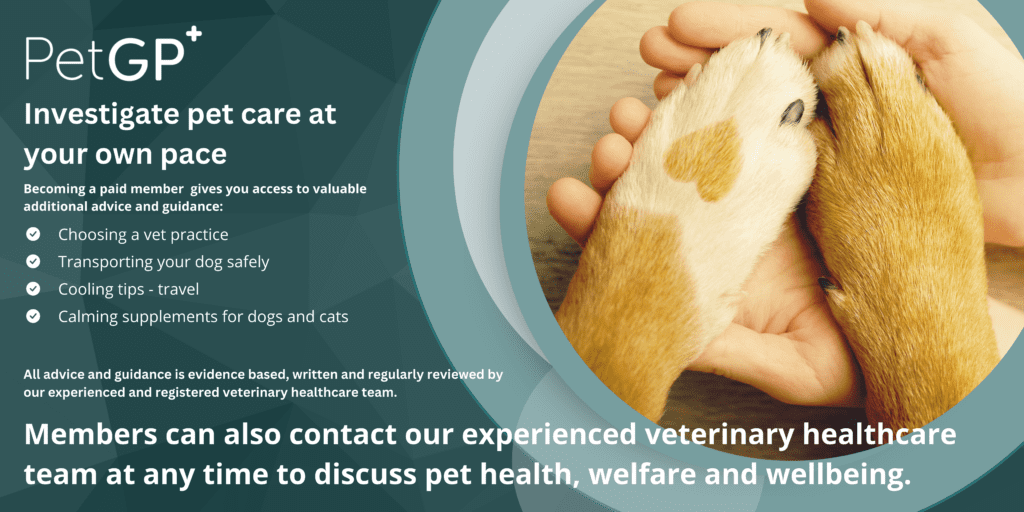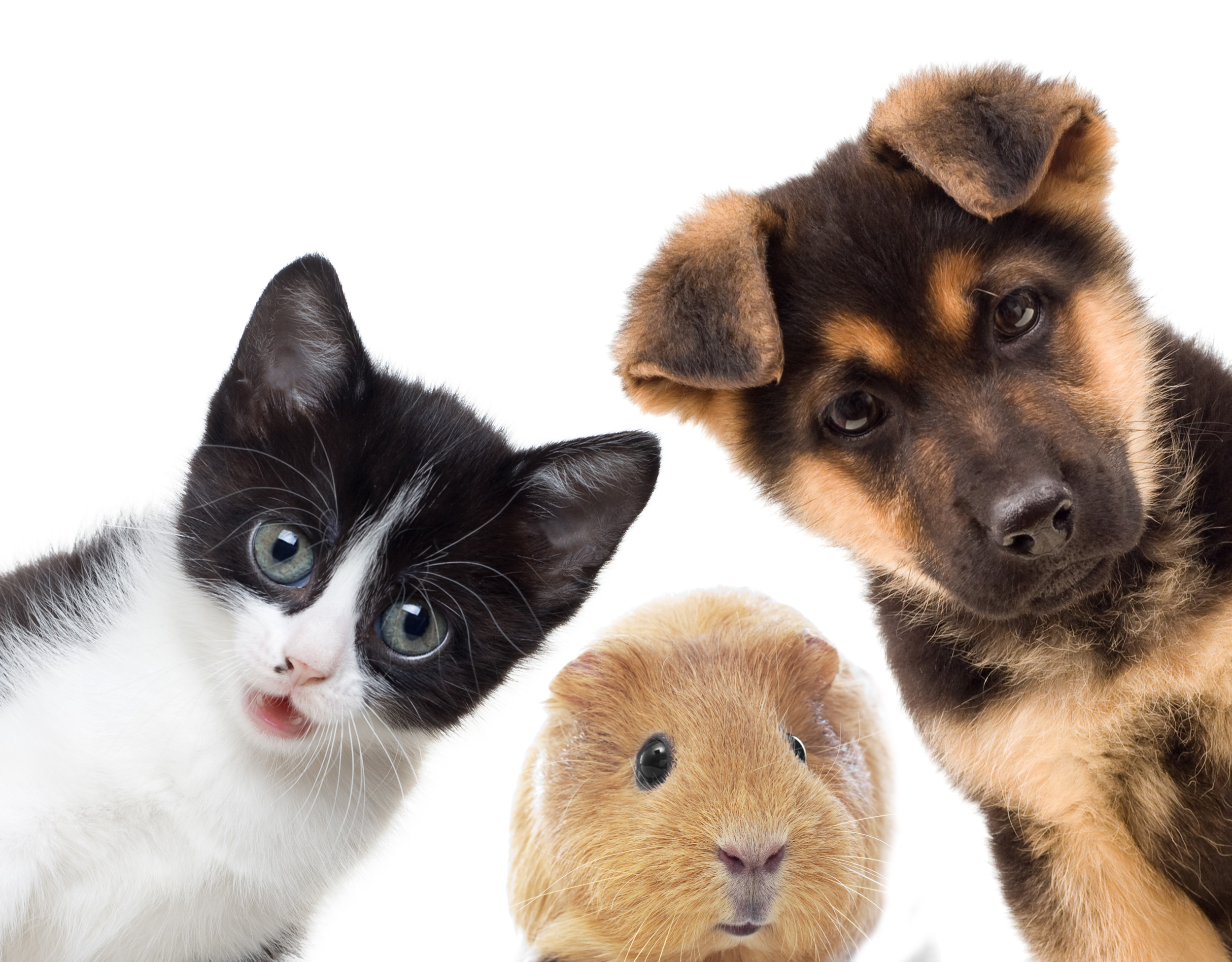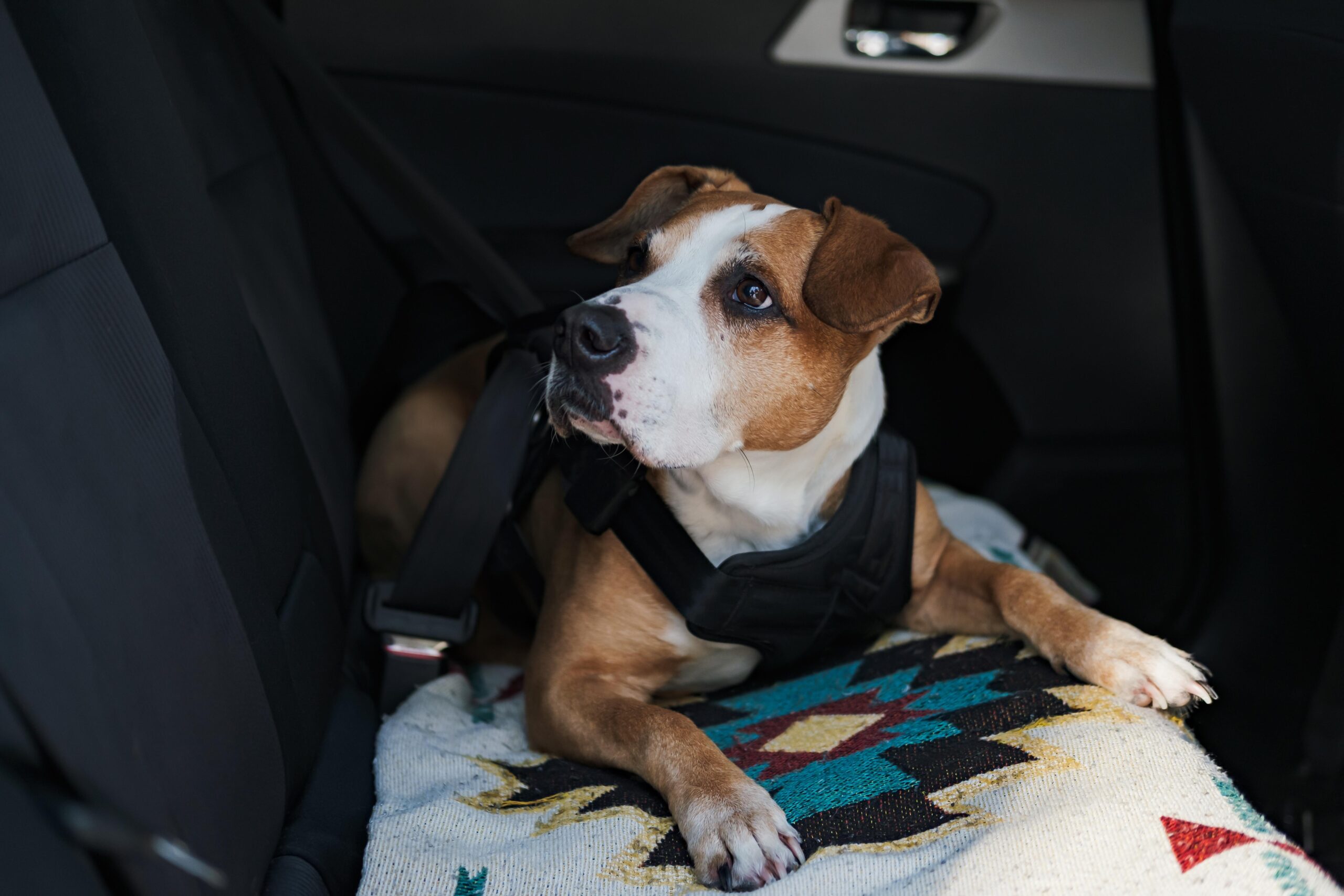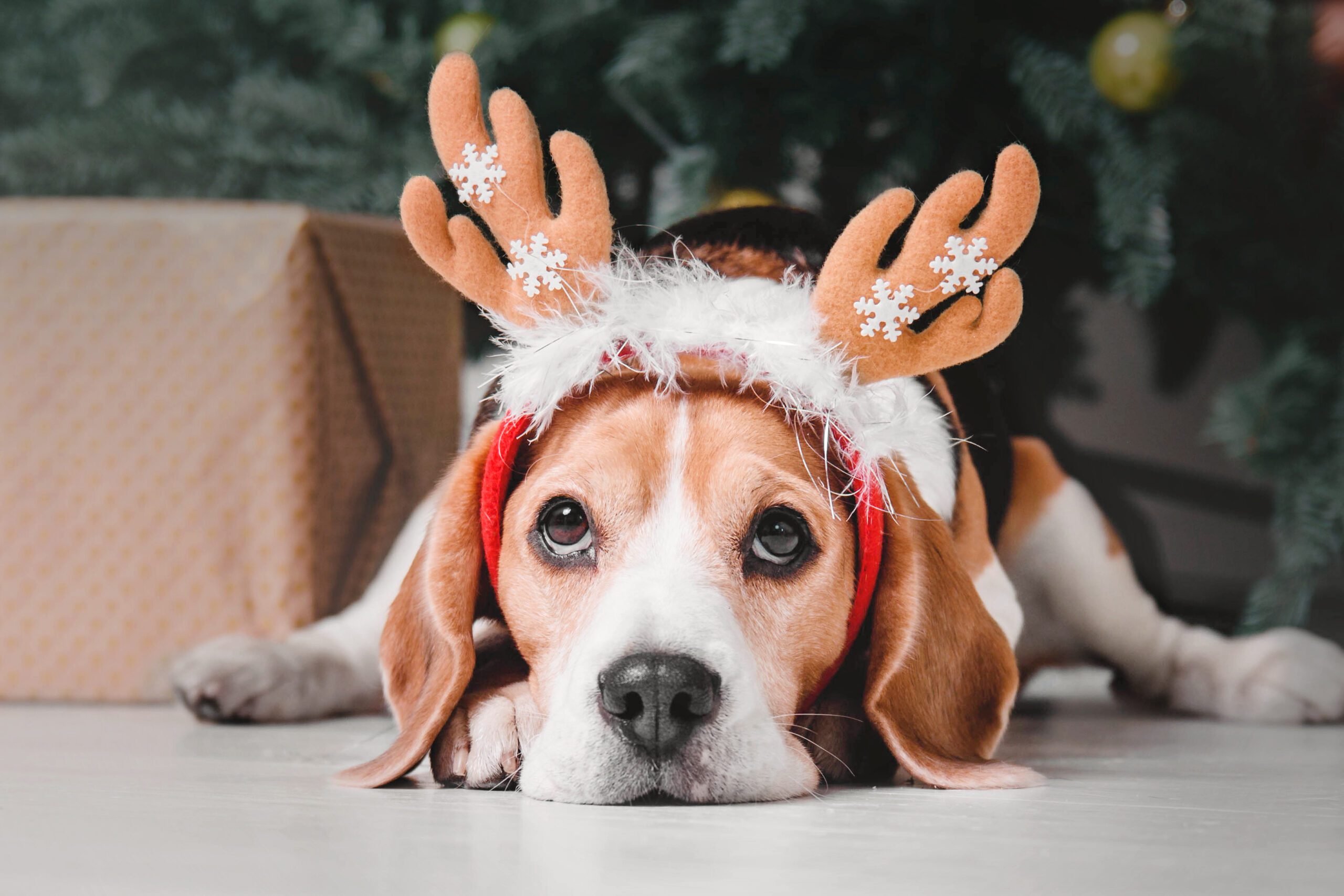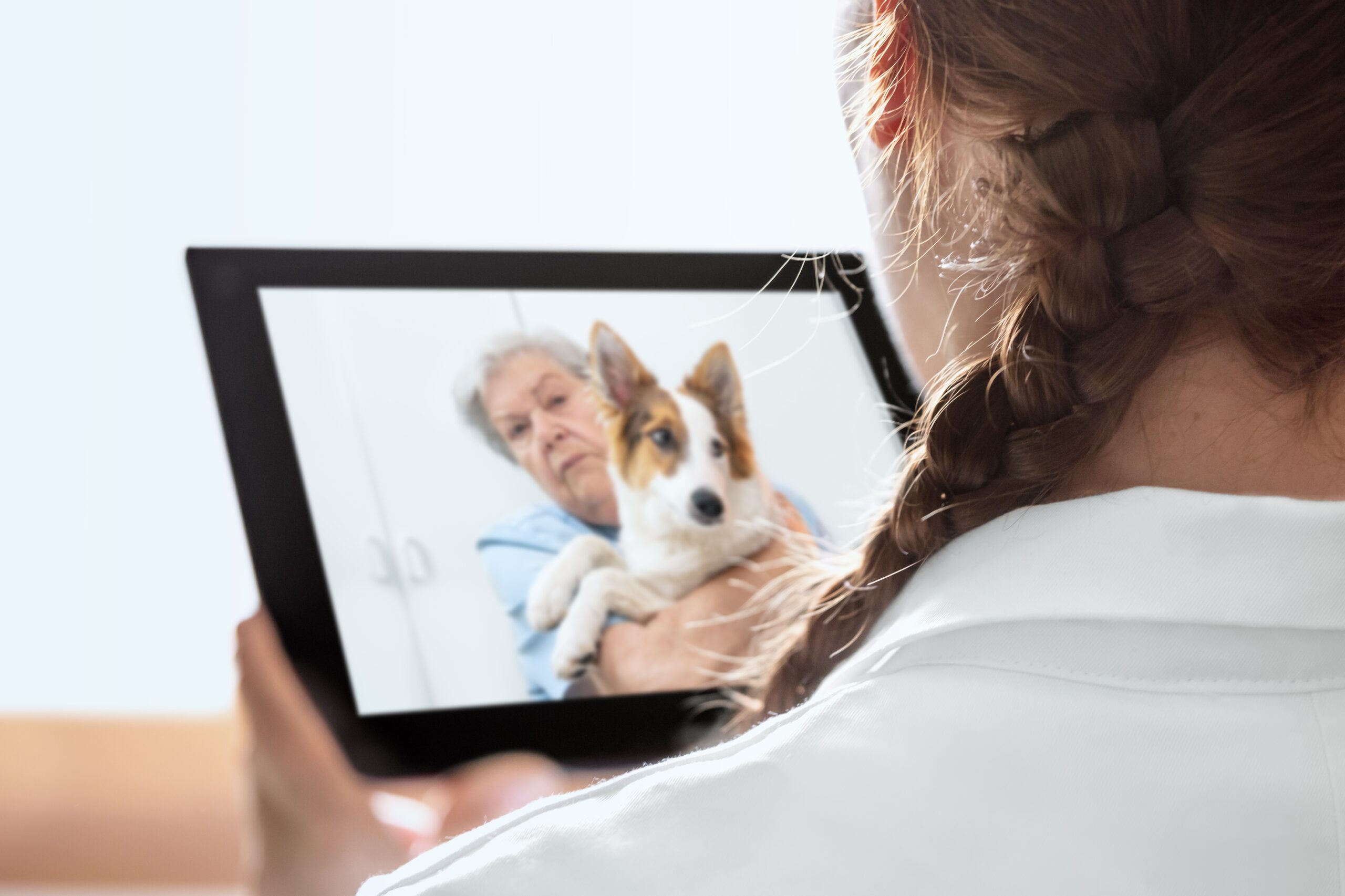Anal glands – A pain in the butt
Picture the scene. It’s a beautiful sunny day and you are out in the park for a dog walk. You stop to have a chat with a friend and then notice the children are giggling at something. Finally you turn round and your dog is scooting along on his bum across the grass. “What are you doing?” you ask your dog. Sound familiar? It’s quite a common sight in dog walking areas and it’s likely his anal glands that are the problem.
What are anal glands?
Anal glands are found either side of your dog’s anus, just below the surface of the skin. They produce a thick, foul-smelling liquid that dogs use to mark their territory and identify each other with. This liquid is usually expressed by muscle contractions and pressure when your dog has a bowel movement. Above all this liquid both lubricates the faeces on the way out and leaves a calling card of identification for other dogs to smell. It’s also thought to be why dogs like to sniff each other’s bums when they meet each other.
Problems with anal glands
Anal gland problems are common in dogs. Anal gland impaction is the most common condition associated with them. When liquid doesnt express properly it causes a build up within the anal gland. As a result this causes your dog irritation which leads to “scooting” along the floor and lots of licking at his or her bum. This is done to try to relieve the pressure in the glands. Eventually if the impaction is not relieved it can also lead to the gland becoming infected and sometimes even burst with an abscess.
Treatment
The early stages of anal gland impaction are usually easily treated by manual expression of the anal glands. Your vet will usually feel inside your dog’s bottom to do this. Gentle pressure is exerted on both glands until all the liquid is expelled.
If the anal glands are too painful to do this conscious, sometimes sedation or a general anaesthetic are required to express or flush out the glands completely. Depending on the severity of the impaction, treatments can also involve medications such as antibiotics and painkillers, or sometimes instilling medications directly into the glands.
Prevention
All dogs can be affected by anal gland impaction. Here are a few things we can do to reduce the chance of your dog being affected:
- Most importantly, keep your dog at a healthy weight. Overweight dogs have more difficulty expressing their glands fully.
- A good diet which has the correct amount of fibre. Fibre gives a nice firm poo. As a result this presses on the anal glands as your dog goes to the toilet and helps to empty them.
- Be vigilant. Watch for any signs like scooting or dragging their bum on the ground, or excessive licking round their anus. If there are any signs that worry you then get them checked out by your vet.
